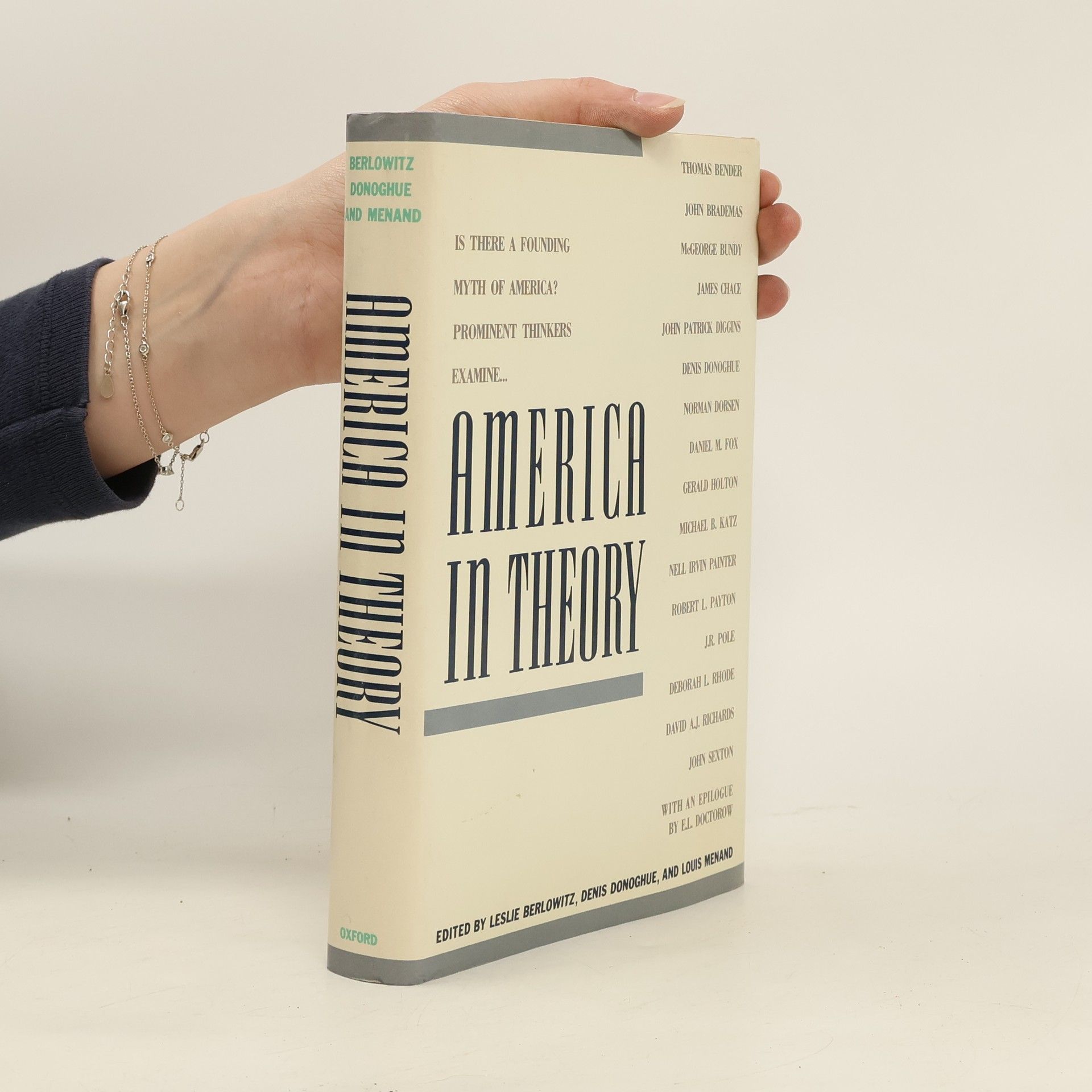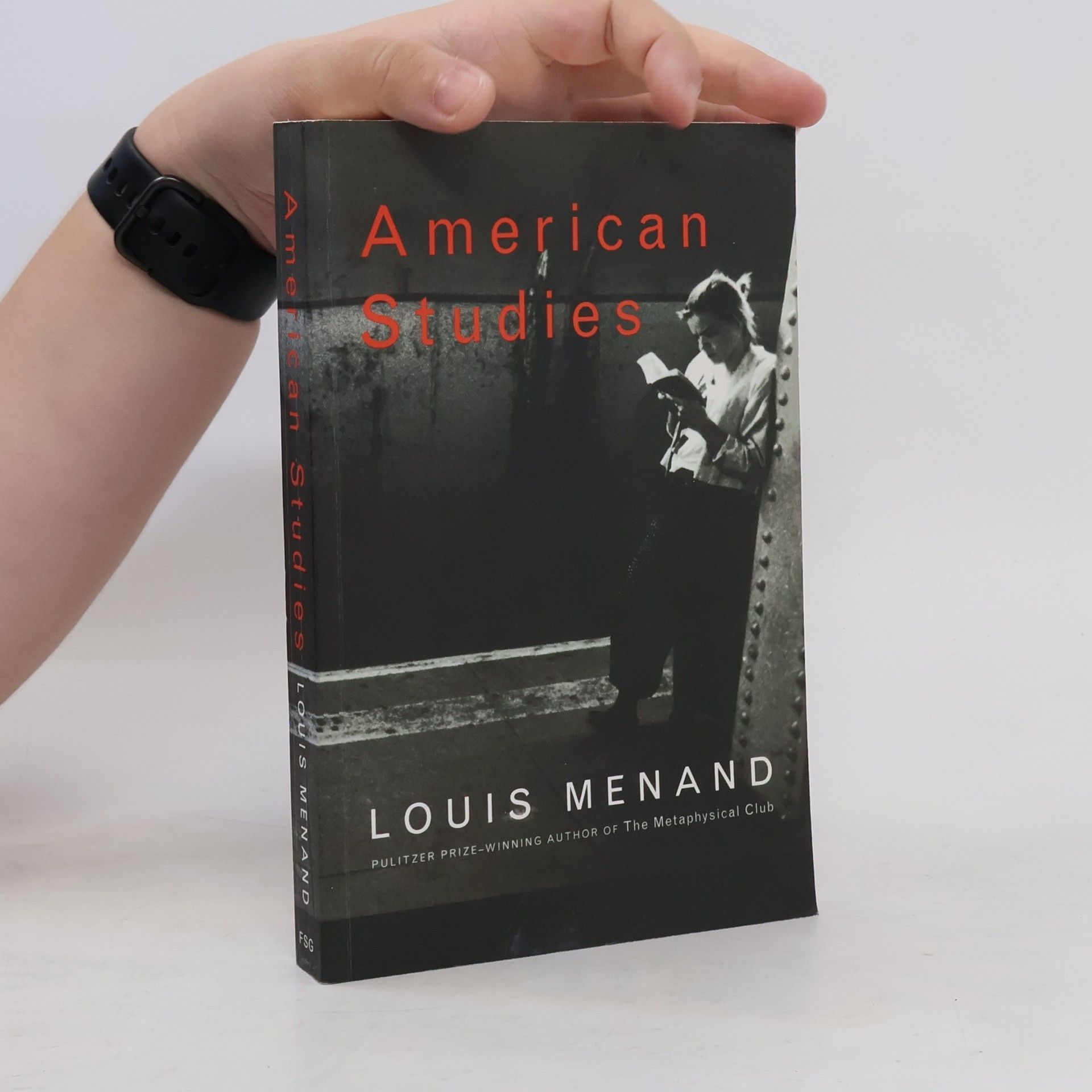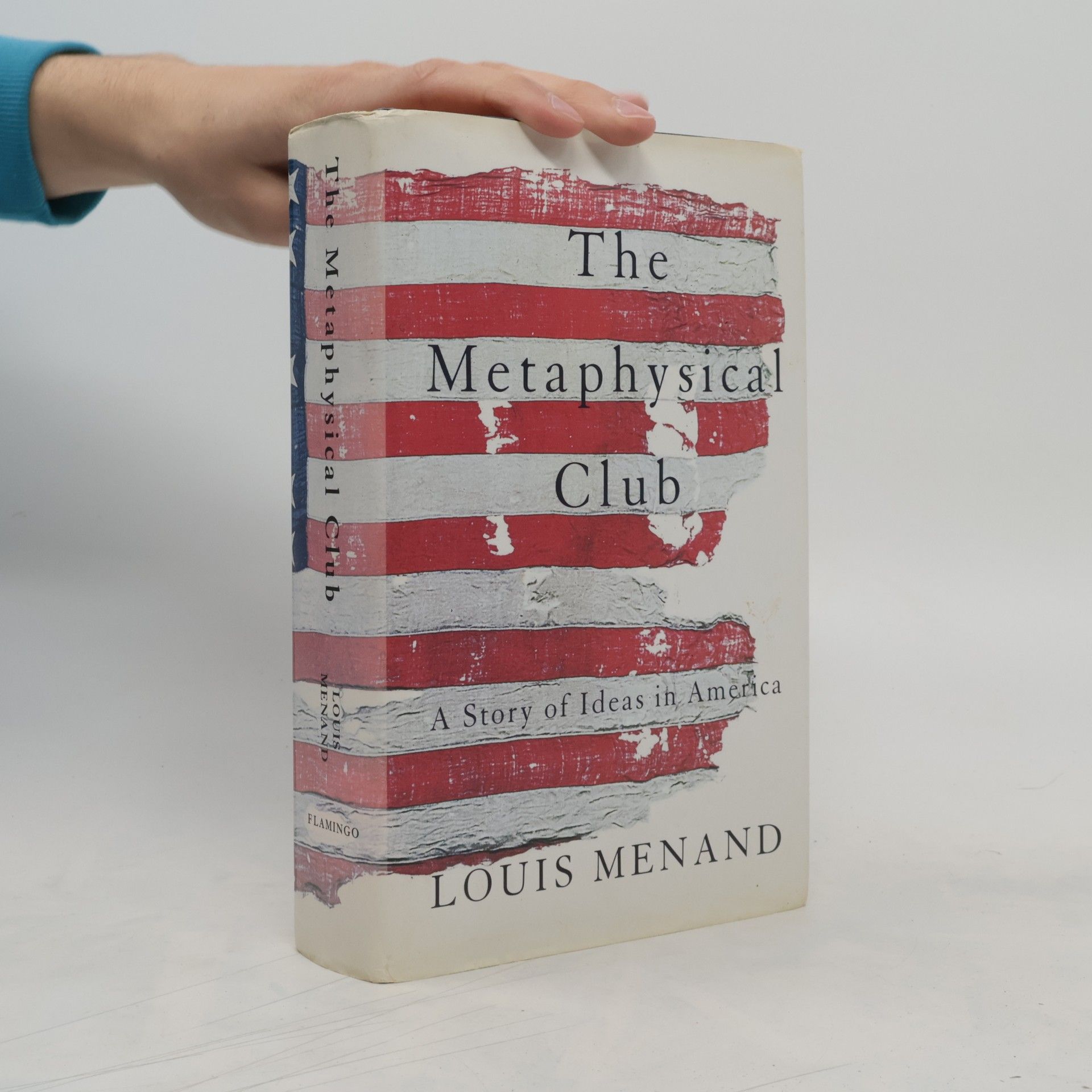Longlisted for the 2021 National Book Award for Nonfiction The Cold War was not just a contest of power. It was also about ideas, in the broadest sense - economic and political, artistic and personal.
Louis Menand Livres
Louis Menand est un professeur d'anglais distingué dont le travail explore l'histoire des idées américaines. En tant qu'auteur de longue date pour The New Yorker, il apporte un œil attentif aux détails et une touche narrative à ses explorations. Son écriture éclaire les courants intellectuels qui ont façonné la culture et la pensée américaines, offrant des aperçus profonds sur le développement de la nation.




The Metaphysical Club was a group that met in Massachusetts, in 1872. The group believed that ideas are not things out there waiting to be discovered but are tools people invent to make their way in the world. This book is the story of that idea
American Studies
- 322pages
- 12 heures de lecture
Exploring pivotal moments in American cultural history, the author presents unique insights into figures like William James, T. S. Eliot, and Richard Wright. He connects seemingly disparate elements, such as the success of The New Yorker and CBS, and the interplay between Larry Flynt's Hustler and Jerry Falwell's evangelism. The narrative also highlights the significance of the atom bomb in relation to educational assessments, while reflecting on contemporary politics through Al Gore's tenure in the White House.
America in Theory
- 330pages
- 12 heures de lecture